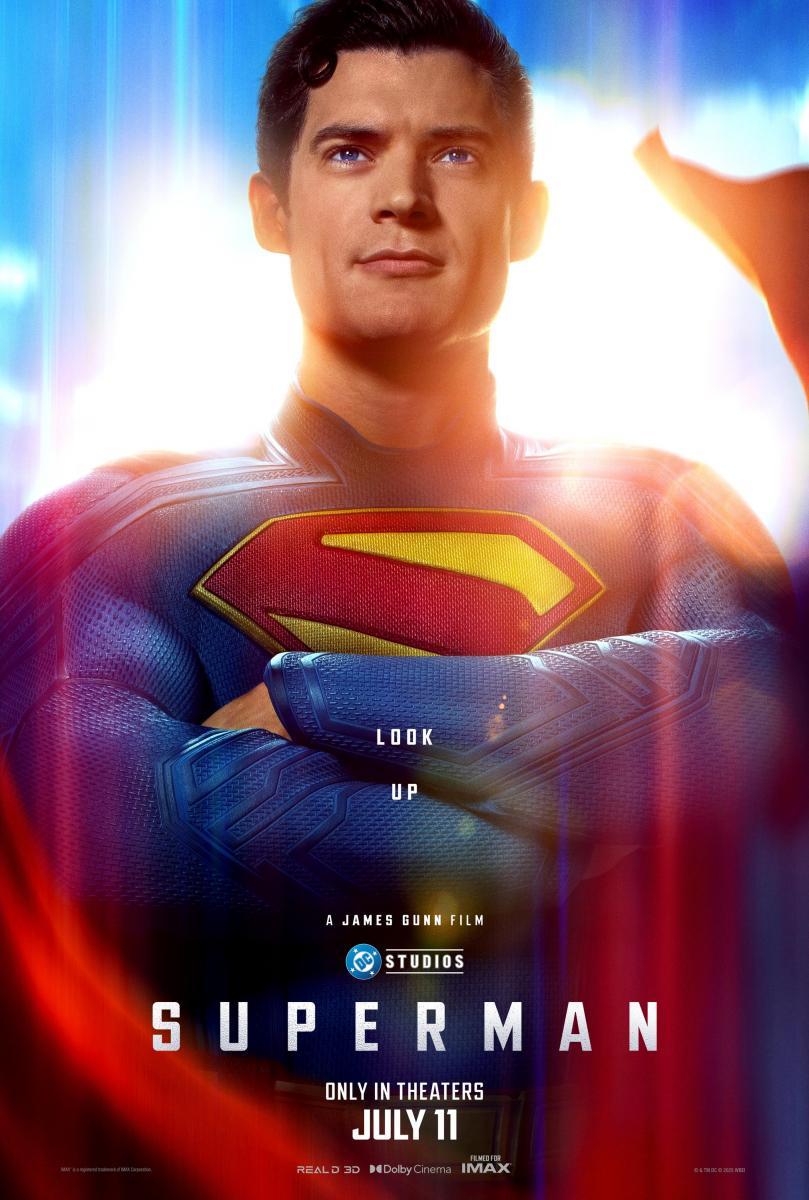Superman fought the Nazis in 1941. He squared off against the Ku Klux Klan in 1946. And, in 2025, Superman seemingly took aim at Israeli Prime Minister Benjamin Netanyahu.
To have a beloved fictional character like Superman confront real-world villains invariably ruffles feathers. It did then and it does now. The latest film incarnation, “Superman,” released earlier this month, was branded “Superwoke” by Fox, for what it saw as “pro-immigrant” themes. A former adviser to President Donald Trump, Kellyanne Conway, weighed in, telling the network, “We don’t go to the movie theater to be lectured to, and to have somebody throw their ideology onto us.” Jesse Watters, another Fox host, piled on with a sarcastic jab: “He fights for truth, justice and your preferred pronouns. The new Superman is going woke.”
What these critics don’t seem to realize is that Superman has always been political. Conceived by two Jewish teenagers in 1933 — the same year Adolf Hitler was appointed German chancellor — Superman was less escapist fantasy than a pointed response to the frightening world in which his creators lived. Superman was constructed not as a bland expression of popular culture or a gesture of American exceptionalism, but as a defender of the marginalized, a rebuke to authoritarianism and a somewhat radical statement about what power could, and maybe should, be used for.
And so the socially conscious take by the latest “Superman” director, James Gunn, tackling Big Tech, immigration crackdowns, internet troll farms and even war in the Middle East, actually stays true to the original vision of the character’s co-creators. Jerry Siegel, the writer, and Joe Shuster, the illustrator, both had views very much aligned with the Rooseveltian New Deal era of the 1930s. Their character, Superman, was a reflection of those values.
“In many ways, James Gunn’s Superman is the one Jerry Siegel and Joe Shuster would have made if they were working in today’s cultural climate,” A. David Lewis, a professor and comic book and graphic novel writer, told me. “I can say, without any hesitation, that Superman was an inherently political figure from his very first appearance,” entertainment writer Andrew Friedenthal echoed, adding, “Those who criticize using the character to tackle real-life issues have a deeply flawed understanding of what made him such an iconic figure in the first place.” Over the years, the comic book hero has taken on slum lords preying on their tenants, the prison system mistreating the incarcerated, crooked stockbrokers, autocrats, bullies, xenophobes, racists, weapons dealers, war profiteers and even, in rare cases, the U.S. government itself.
